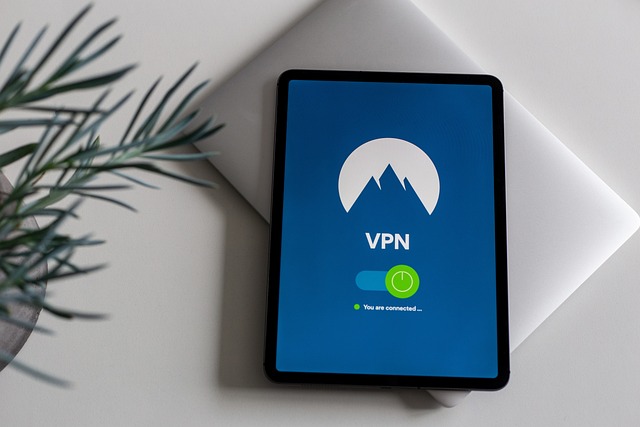Understanding Phishing in the Online Gambling World
Phishing poses a significant threat to online gamblers. Knowing how it works and its impact helps in safeguarding personal and financial data.
What Is Phishing?
Phishing involves cybercriminals tricking individuals into revealing sensitive information. These attacks often come through emails, text messages, or fake websites that mimic legitimate ones.
By masquerading as trusted entities, attackers deceive users into providing passwords, credit card numbers, or other personal details.
How Phishing Affects Online Gamblers
Online gamblers are prime targets for phishing attacks. Gamblers may receive emails or messages that appear to be from reputable gambling sites, offering bonuses or asking for account verification.
Clicking these links can lead to phishing websites designed to steal login credentials and financial information.
As a result, gamblers might lose access to their accounts or face unauthorized transactions, putting both their funds and personal data at risk.
Key Techniques Used in Phishing Attacks
Cybercriminals employ various techniques to execute phishing attacks. Understanding these methods helps in identifying and avoiding potential threats.
Email and SMS Scams
Phishers frequently use emails and SMS to target unwary individuals. Scam emails often mimic those from trusted online gambling sites, incorporating logos and language that appear credible.
These emails ask such as:
- account credentials
- personal information
- prompt users to click malicious links
Similarly, phishing SMS messages contain links leading to fake login pages. T
To stay safe, I avoid clicking on suspicious links and verify the sender’s authenticity before responding.
Fake Websites and Pop-Ups
Phishers create fake websites that closely resemble legitimate gambling platforms. These sites trick users into entering sensitive information, such as login details and payment information.
Pop-ups are another tool used by cybercriminals; they appear during gambling sessions and claim urgent account issues requiring immediate login.
To avoid falling into these traps, I always check the URL for inconsistencies and ensure the site’s security with HTTPS before entering sensitive information.
Essential Tips to Stay Safe While Gambling Online
Online gambling brings excitement, but it also carries risks. To protect myself, I follow essential safety tips to guard against phishing attacks.
Using Verified Gambling Sites Only
I always choose verified gambling sites to ensure safety. Recognized organizations like eCOGRA and the Malta Gaming Authority (MGA) certify legitimate platforms.
These sites display security seals and offer strong encryption. For example, websites with HTTPS in the URL bar ensure secure connections. I avoid sites with poor reviews and suspicious URLs to minimize risk.
Implementing Strong Passwords and Two-Factor Authentication
Strong passwords act as my first defense. I use a mix of uppercase, lowercase, numbers, and symbols.
For instance, a password like “G4mBl1ng$ec” provides more security than “password123.” Additionally, I enable two-factor authentication (2FA) which adds a second layer of protection.
Apps like Google Authenticator or SMS codes ensure that even if my password is compromised, unauthorized access is prevented.
Tools and Resources to Enhance Your Online Security

Online gambling presents several security risks, especially phishing attacks. To mitigate these risks, I recommend using various tools and resources.
Security Software Options
Use security software to protect your devices. Popular options include antivirus programs, firewalls, and anti-phishing tools.
- Antivirus Programs: Opt for trusted brands like Norton, McAfee, or Bitdefender. They offer real-time protection against malware that may infiltrate through phishing links.
- Firewalls: Implement robust firewalls like ZoneAlarm or GlassWire to monitor incoming and outgoing traffic and block unauthorized access.
- Anti-Phishing Tools: Utilize browser extensions like Avast Online Security or Norton Safe Web to detect and block phishing websites.
Online Safety Training and Resources
Educate yourself to recognize and avoid phishing scams. Several platforms provide comprehensive online safety training.
- Phishing Awareness Training: Engage in programs offered by KnowBe4 and PhishMe. These platforms simulate phishing attacks and help you learn effective countermeasures.
- Webinars and Workshops: Participate in cybersecurity webinars hosted by institutions like SANS Institute and ISC2 for the latest insights and strategies.
- Interactive Courses: Take interactive courses on platforms like Coursera and Udemy. They cover a range of topics, including identifying phishing attempts and safeguarding personal information.
These tools and resources enhance online security, helping you stay safe while enjoying online gambling.


